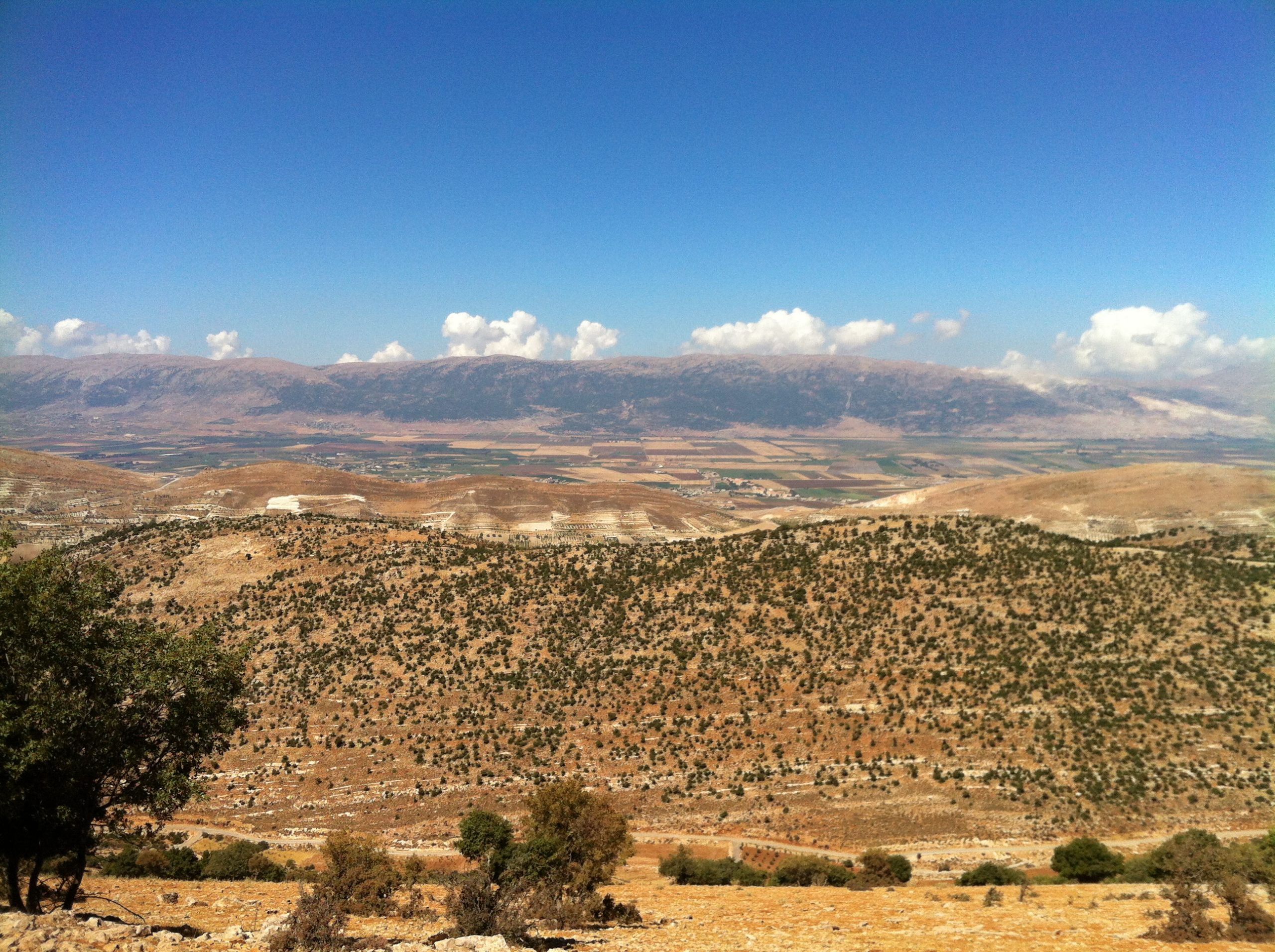Welcome to the official webpage of the ESP Lebanon Network. The objectives of our national network are 1) Introduce and apply ecosystem services in teaching, research, project planning and implementation, and policies, 2) Develop and promote ecosystem services based activities and collaborations and, 3) Create a critical mass of individuals and institutions that use tools to value Lebanon’s landscapes and shed light on the ecosystem services they offer.
The ESP Lebanon network is hosted by the Department of Landscape Design and Ecosystem Management at the American University of Beirut.
 Lead Team
Lead Team
- Salma N. Talhouk, department of landscape design & ecosystem management, and nature conservation center, American University of Beirut: [email protected]
Members
If you are interested in becoming a member of this national network or joining the lead team, please contact the current lead team members. If you don’t hear back from the lead team, please contact the secretariat at [email protected].
Introduction
Lebanon has been at the center of disasters and calamities including the Beirut Blast, civil protests, an economic collapse, and the protracted humanitarian crisis caused by hundreds of thousands of Syrian displaced. Amidst all the turmoil, we see Lebanon as a country endowed with rich and diversified natural capital. Lebanon benefits from a Mediterranean climate and a vast array of geomorphological regions from mountain ranges, to fertile plains and coastal zones. The country is also relatively rich in precipitation and aquifers hosted primarily in the local karst formations. Distinct microclimates allow the emergence of different habitats nurturing endemic plant species, a high floral diversity and a variety of fauna. Unfortunately, Lebanon is undergoing severe pollution and destruction of its nature and heritage even though the country abounds with environmental activism. There is a dire need to apply ecosystem services to empower those who want to conserve nature, restore ecosystems, and guide sustainable management and development in Lebanon.
Get Involved
Ongoing Projects:
The importance of protecting the Lebanese High Mountains: A preliminary ecosystem services assessment
This project is in collaboration with the Lebanese Advocacy Network for the Environment (LANE), a consortium of environmental actors in Lebanon let by the national NGO T.e.r.r.e. Liban. The project aims to promulgate a modern and efficient law to foster Lebanese high mountain protection and management.
Read more.
Mapping Ecosystem Services to address Sustainable Development in the MENA region: The case study of Lebanon
Environmental richness in terms of ecosystem services is a keystone for sustainable development, particularly in rural areas. The rapid progress in ecosystem service mapping worldwide is positioning ecosystem services as a powerful decision-making tool to address sustainability from a local to a global scale. This study aims to evaluate the potential for rural socio-economic development at a national scale in Lebanon through ecosystem service mapping and link the results to the Lebanon MDI vulnerability map developed by the UN.
Read more.
Media Links
Exploring the Topic of Ecosystem Services: Warning For Misuse
